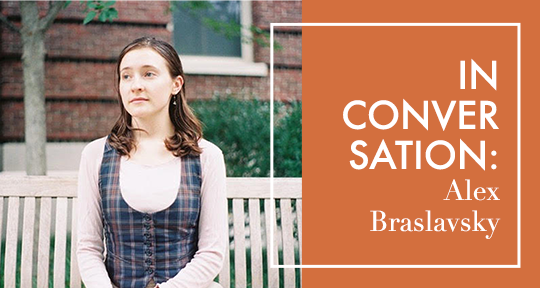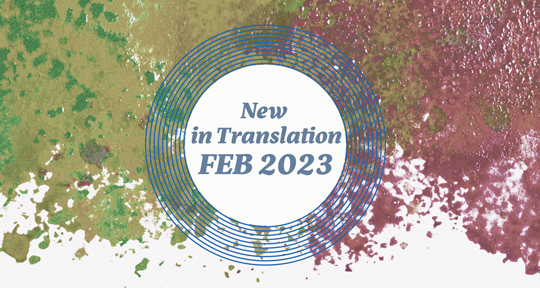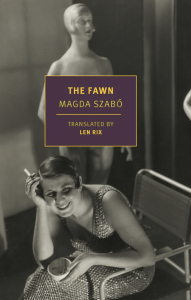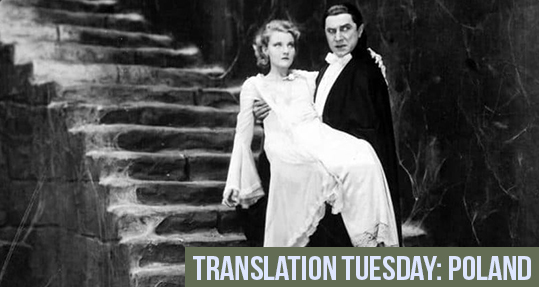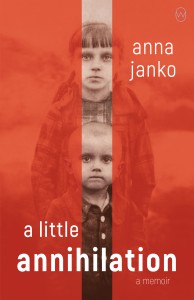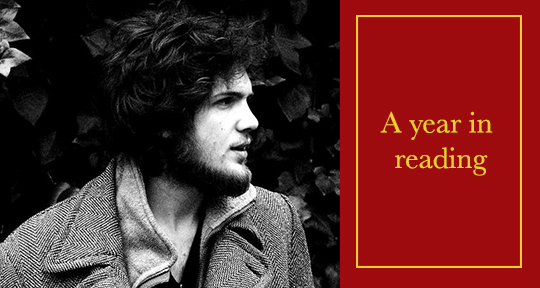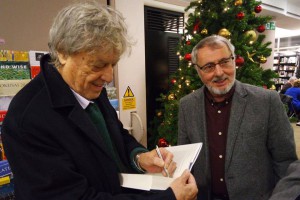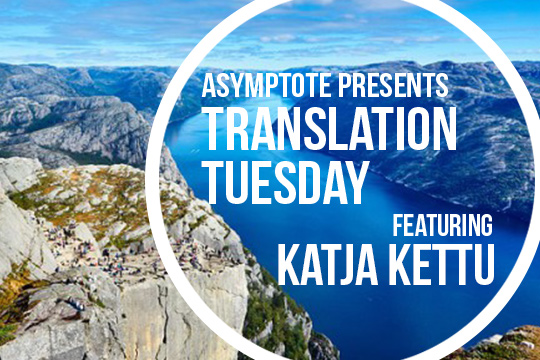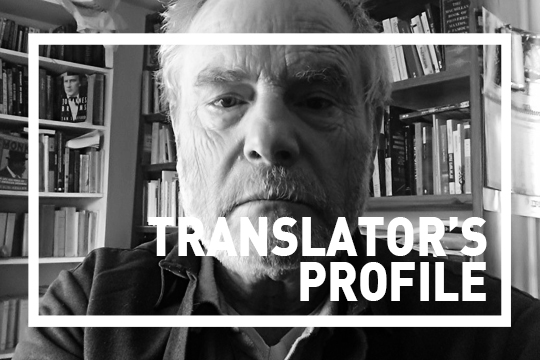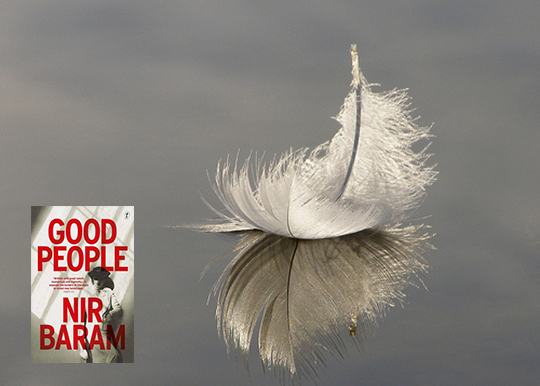This week, our editors report on (attempts) at elucidation in the humanities and the cruelties of historic expatriation; the instating of Living National Treasures in the form of indigenous practitioners and their singular crafts; and a word that is meant to sum up a year.
Thuy Dinh, Editor-at-Large, reporting on the Vietnamese Diaspora
The National Museum of Immigration History in Paris, France is currently offering a sobering exhibition on the history of Indochinese workers-soldiers, called les lính thợ or les công binh. As colonized subjects, twenty thousand men from Indochina—i.e., Vietnam, Laos and Cambodia—were brought to France at the onset of World War II to help with the war effort. Aside from a small percentage of educated volunteers who wished to escape the colony’s lack of social advancement, the majority, ranging from ages 18 to 30, was forcibly recruited from the poor peasantry to work in France’s defense industry.
Besides the exhibit, recollections by surviving workers have been compiled in recent years by various sources, such as the photographic essay “The Forced Oblivion” by Alejandra Arévalo, the graphic memoir “Les Lính Thợ: Immigrés de force, les travailleurs indochinois en France 1939-1952” (2017) by Pierre Daum and Clément Baloup, the film Công Binh, la longue nuit indochinoise (2013) by Lê Lâm, and the Vietnamese-French monograph, Những người lính thợ – Les travailleurs indochinois requis by Liêm Khê Luguern (2010).
When Germany invaded France in June 1940, the Indochinese workers were evacuated to the free zone in Southern France, where they worked in forestry and pioneered the rice-growing industry in the Camargue region. Both state-run and private companies employed these workers, but salaries were either paid to the French government, or distributed to the workers at rates significantly below those paid to locals. When Germany invaded the free zone in 1942, the workers were conscripted by German occupation troops to work in weapon factories. Besides harrowing working conditions, the men suffered physical and mental trauma due to prolonged exile and mistreatment by their superiors. READ MORE…



